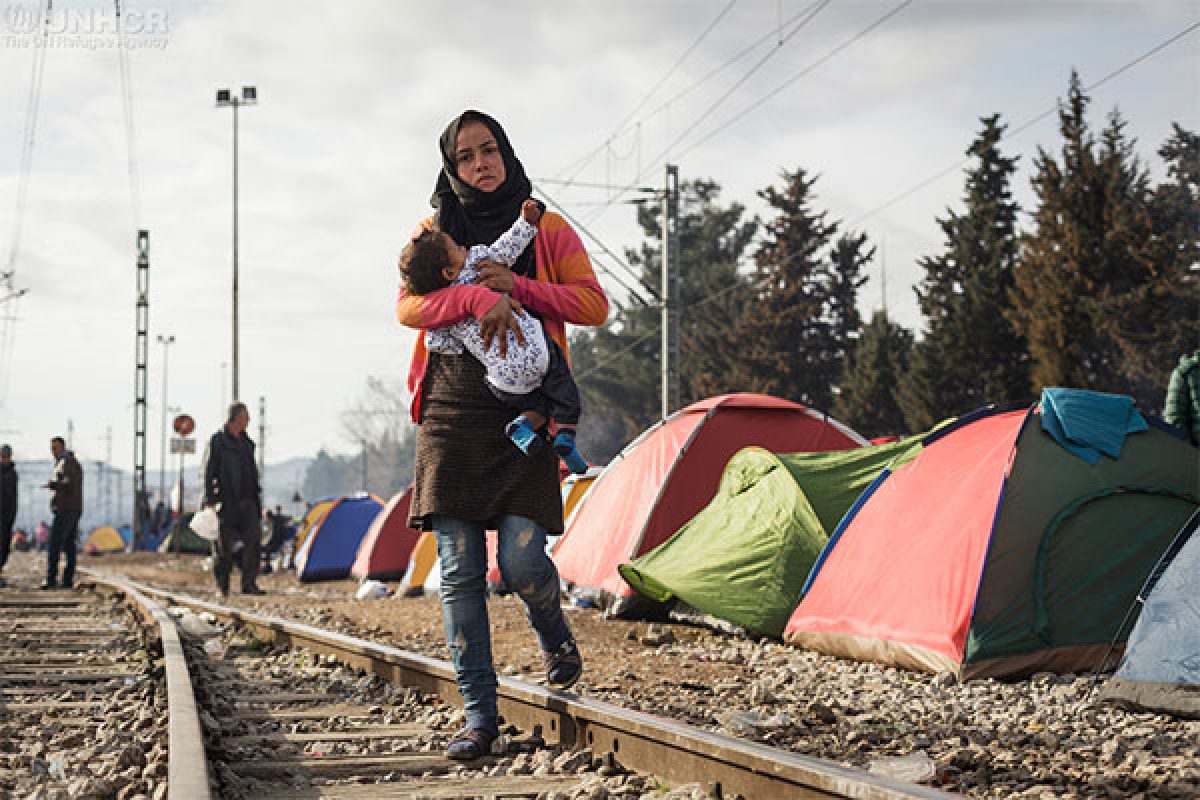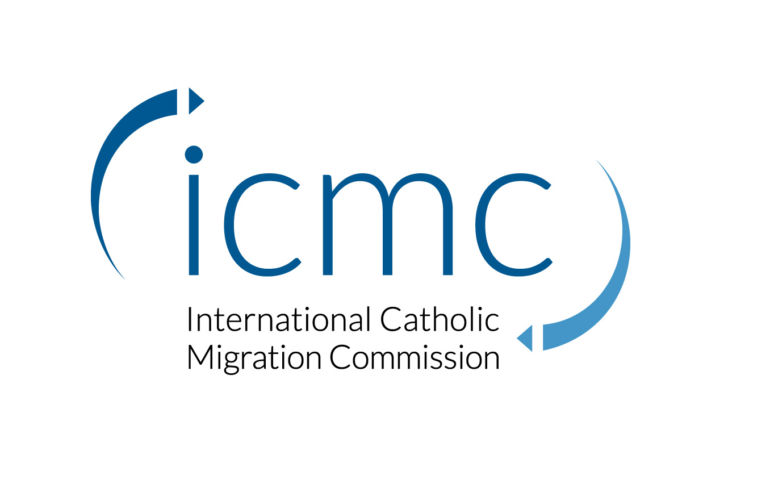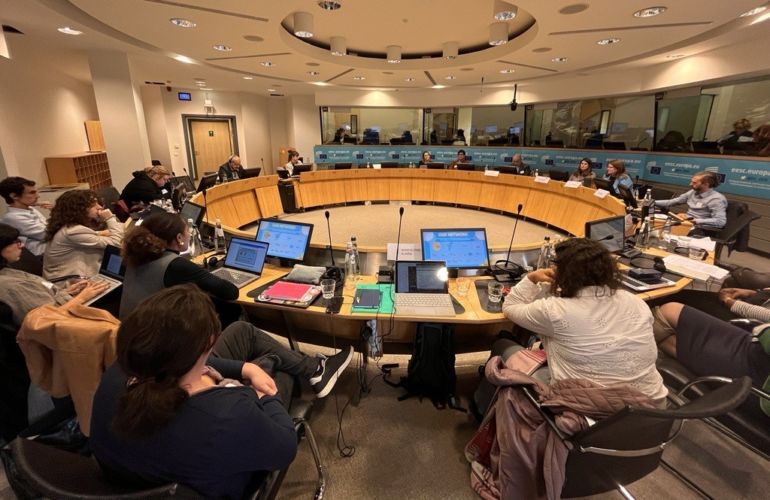Protecting People First, Not Borders

Last Friday, just days from the fifth anniversary of the Syrian war, ICMC took the floor during a session of the United Nations Human Rights Council decrying the serious protection gaps which are currently affecting migrants and refugees and calling for the urgent adoption of a global, solutions-oriented approach to the current situation.
As the conflict in Syria enters its sixth year, ICMC challenges the grave neglect of basic international human rights and refugee law principles – the right to seek asylum, the principle of non-refoulement, the prohibition of collective expulsion – which is preventing hundreds of thousands from exercising their right to seek international protection. This is especially evidenced by the many walls – not necessarily metaphorical – at the European borders, forcing so many to seek alternative and potentially dangerous routes to safety.
“Building walls, throwing money across them to keep people out: this will never be able to block people and their children fleeing from war”, ICMC’s Head of Policy, John K. Bingham, deplored while speaking before the representatives of governments, international organizations, and civil society gathered at the Council. “Evidence shows that they only increase dangerous journeys, drownings, suffering and trauma — and great business for human traffickers and smugglers!”
With over 4,8 million Syrian refugees registered by UNHCR only in the Middle East and North Africa, an effective response on a global scale is more urgent than ever. The lack of protection mechanisms and legal pathways to safety has caused over 3,700 deaths in the Mediterranean in 2015; only innovative, solution-sharing policies to be immediately put in place will avoid many more. Orderly departure programs, including the Comprehensive Plan of Action, which safely moved 2.5 million Indochinese refugees in the 1980’s and 1990’s can be organized with ICMC and other NGOs once again partnering directly with governments and international agencies. More admission opportunities (humanitarian, labor and student visas, private sponsorships, medical evacuation being just a few) can be created and promoted by States.
“Orderly departure. Safe migration. Protection first”, John K. Bingham concluded. “These are the choices we need to make”.
Related videos
Watch John K. Bingham deliver ICMC’s statement at the UN Human Rights Council (item 38, minute 01:18:13)

